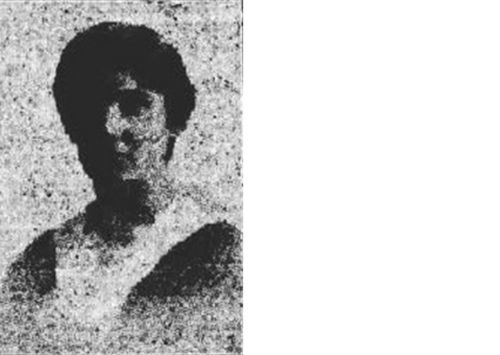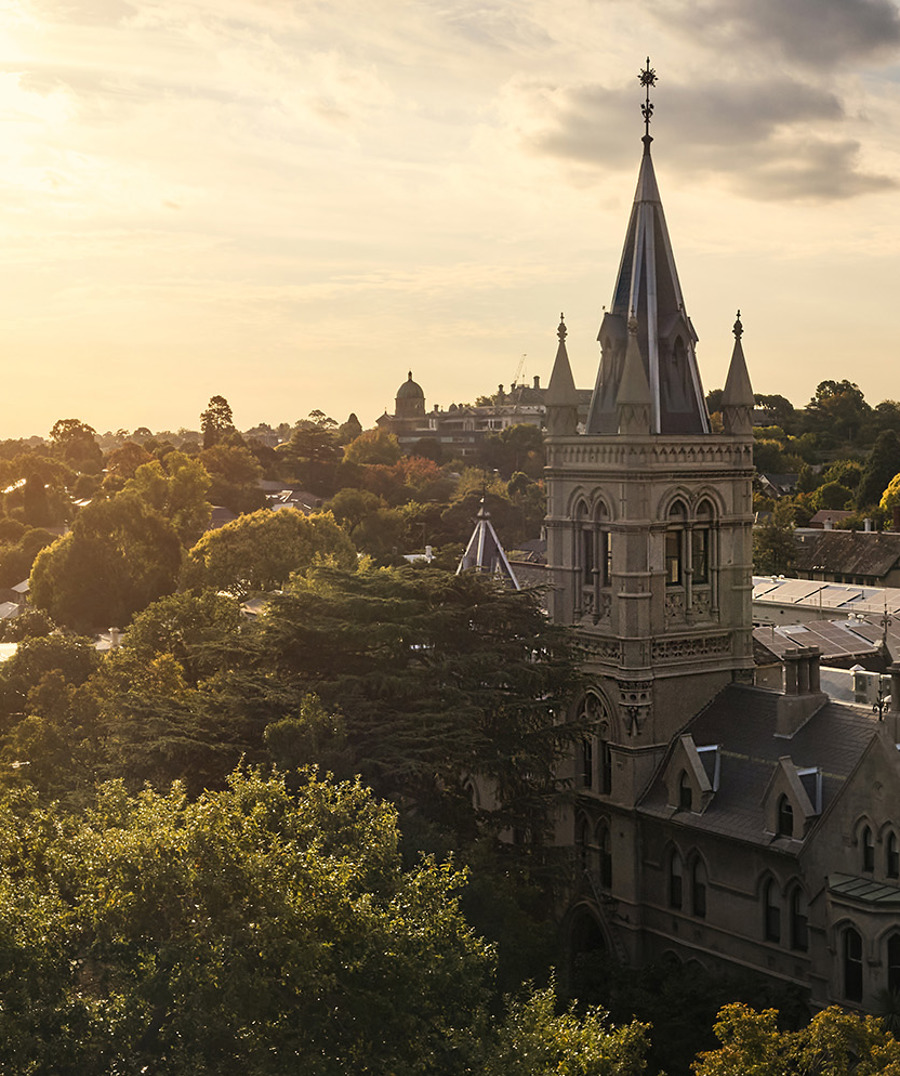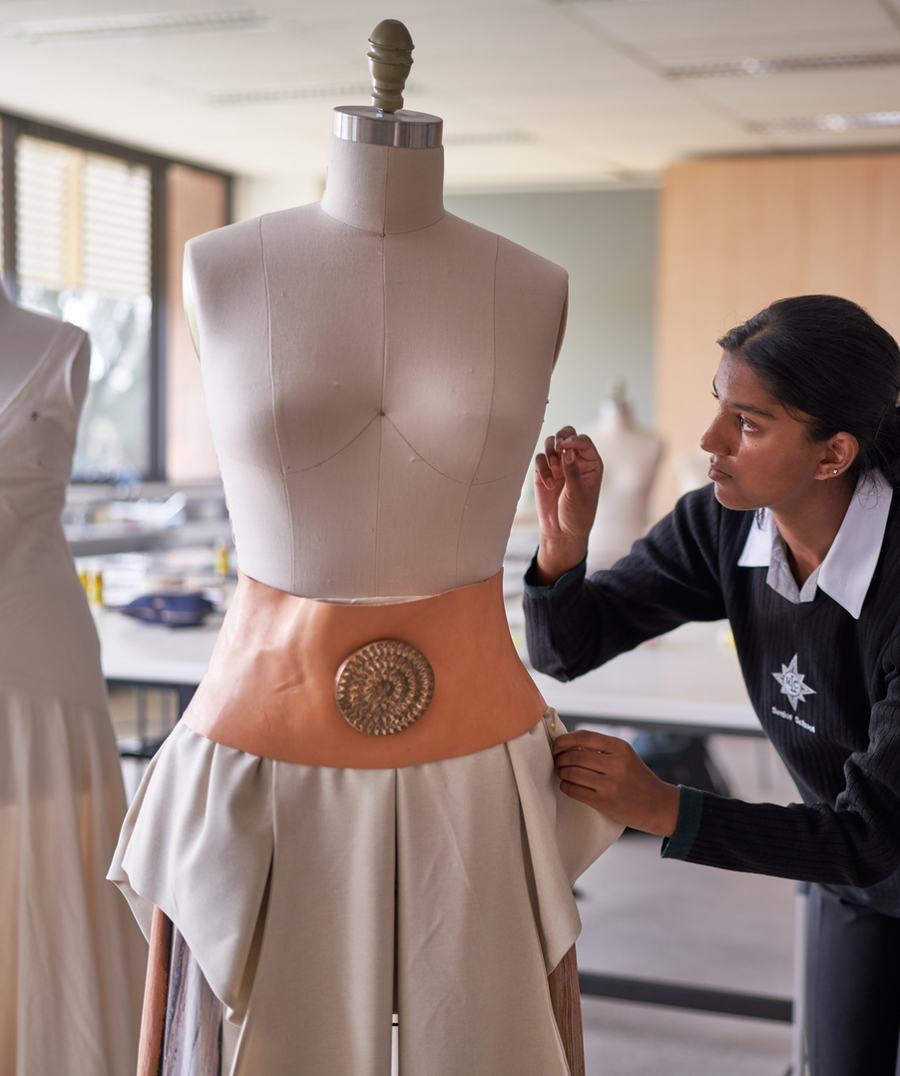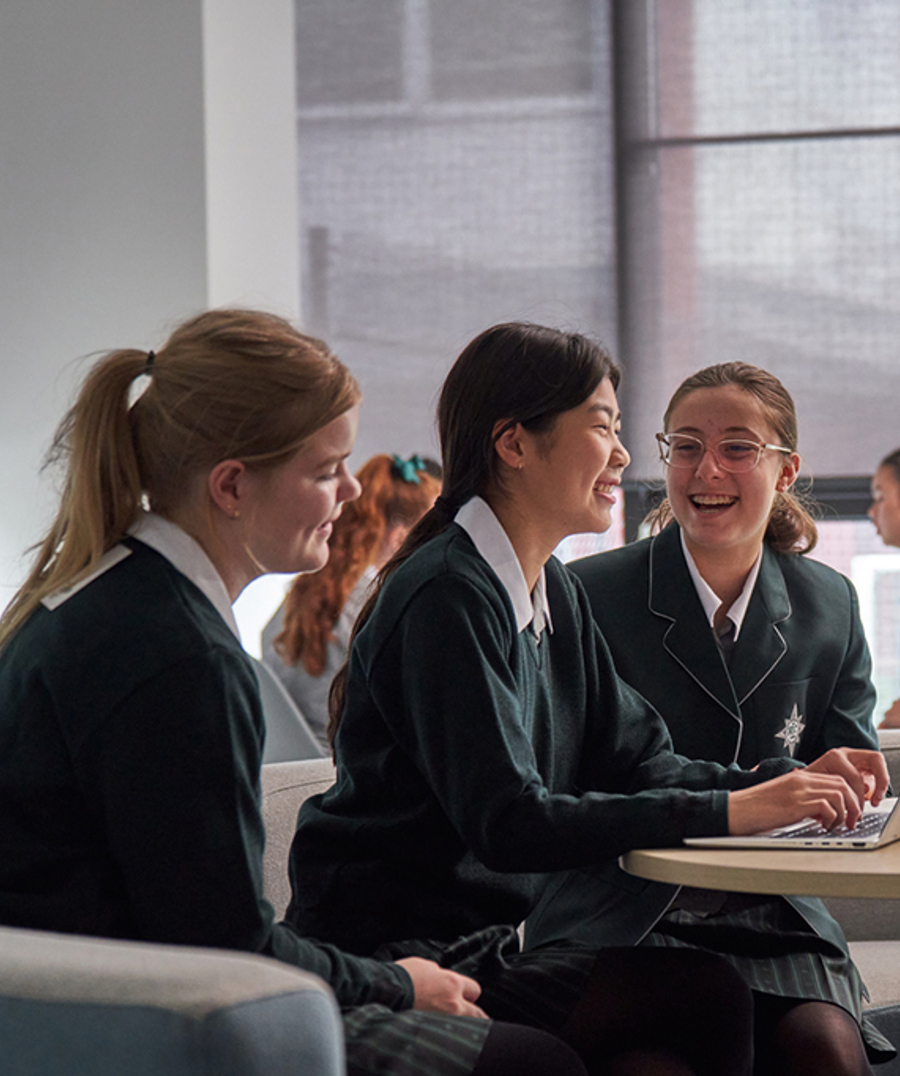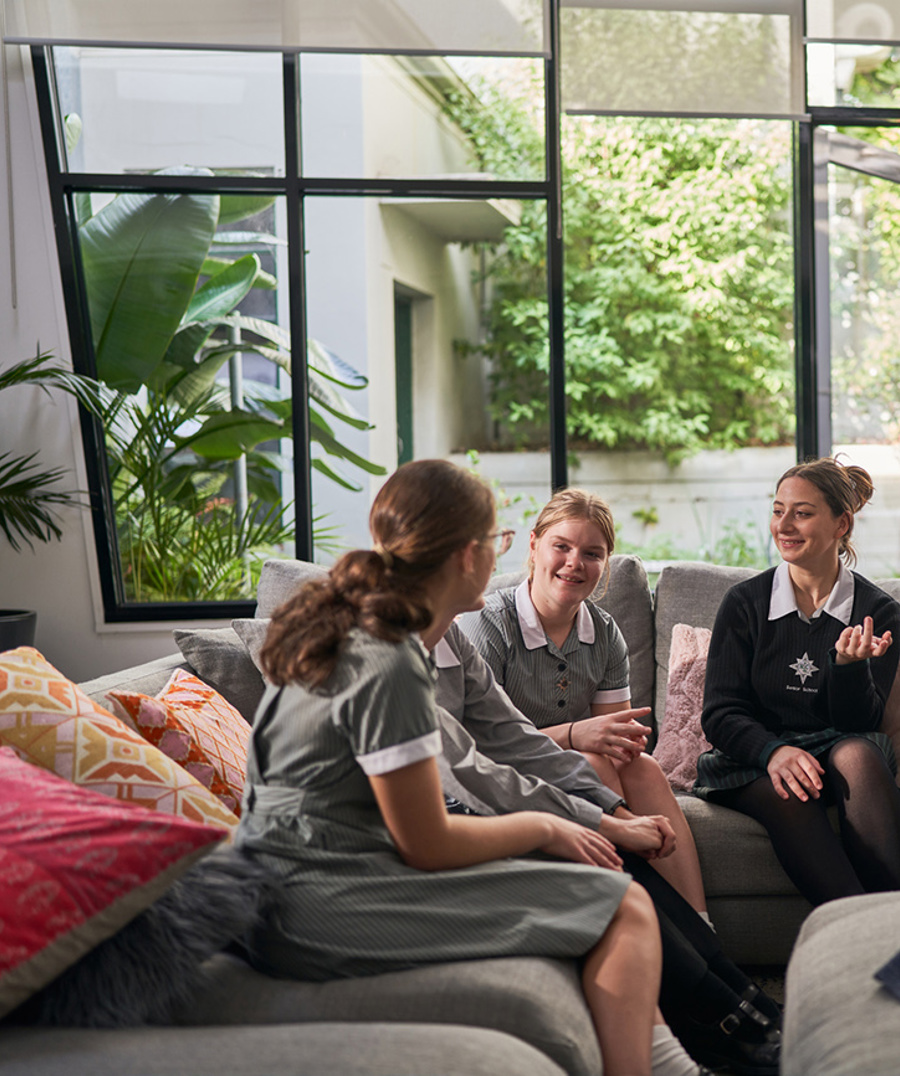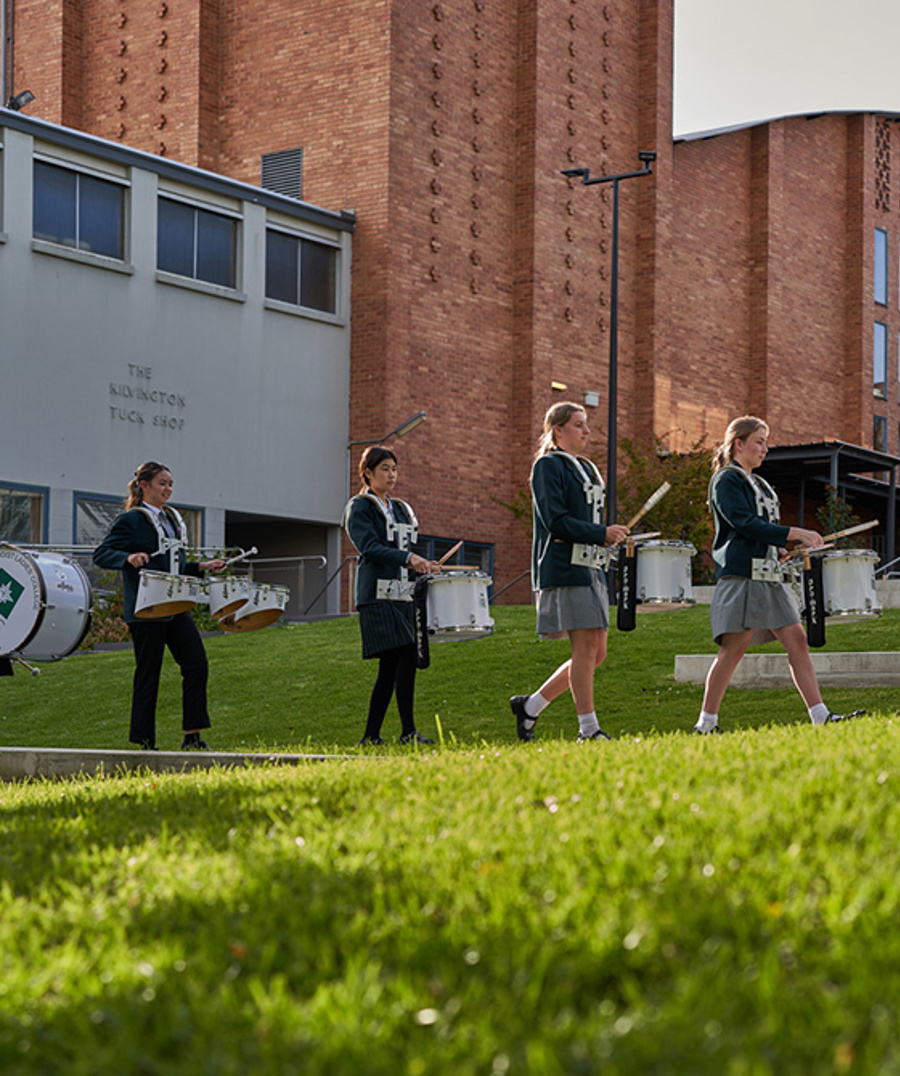World War I: Service Across Eight Nations
MLC was only 32 years old at the start of World War I. Despite the College’s young age, MLC had 21 Old Collegians who served during the war. Most of these women had attended MLC in the late 1890s to 1910s. Most were from Melbourne, but some were from parts of regional Victoria and as far as Queensland.
Across the 21 women, they participated in nearly all aspects of military nursing during World War I. They served in the Australian Army Nursing Services, New Zealand Nursing Services, the English Queen Alexandra’s Imperial Military Nursing Services, the Red Cross Voluntary Aid Detachment and Women’s Auxiliary Army Corps. The served in eight countries: Egypt, Greece, France, Belgium, England, India, Germany and Australia.
Following the end of the war, Principal Rev. Dr William Fitchett commissioned an honour board to commemorate their service. This honour board is still on display today and hangs in the Fitchett Chapel Foyer.
While we cannot feature all the achievements of all 21 women, we’re thrilled to share a selection of their stories below.
Discovering our WWII Servicewomen
The MLC College Archivist, Stacey Coenders, is seeking volunteers to help identify Old Collegians who served during World War II. Learn about the background of this project, what’s involved in volunteering, and how you can take part. This is a meaningful opportunity to help preserve the memory of those who served, ensuring their stories are honoured for generations to come.
Marie entered MLC as a boarder in 1893, aged 15. She stayed for two years and excelled in both gymnastics and writing. After leaving MLC, Marie trained as a nurse and later moved to New Zealand, where she enlisted with the New Zealand Army Nursing Service. She was posted to Egypt in May 1915, where she was the supervising nurse at the Hospital in Port Said – a 500-bed convalescent hospital that received casualties from Gallipoli. Marie was caught up in one of the great tragedies of World War I – an unmarked hospital ship, which was also carrying munitions, was torpedoed. Ten nurses and 167 men died, and Marie was left with permanent disabilities. She returned to her family in NSW in August 1916, where she was cared for by her family. She received a Royal Red Cross Medal in recognition of her services.
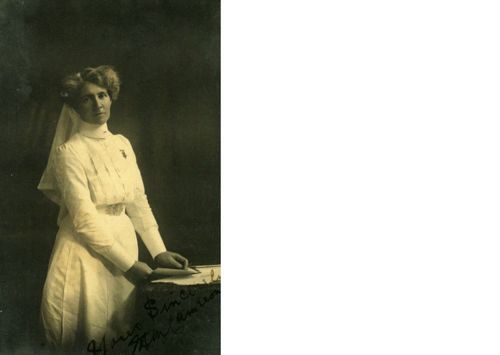
Dr Mary Clementina De Garis was dux at MLC in 1899 and became the second woman to graduate from Medicine in Victoria. She followed her fiancé overseas during World War I. Mary served as Chief Medical Officer and Surgeon in the 4th America Unit in Ostrovo, North Macedonia. She was based at the Balkan Eastern Front during World War I, where she was in charge of 250 people while malaria, typhoid and dysentery were rampant. She undertook complex trauma surgeries, and ran the hospital under difficult conditions and extreme weather. She was awarded a military cross by the Serbian government, and after war she became a noted Geelong obstetrician.
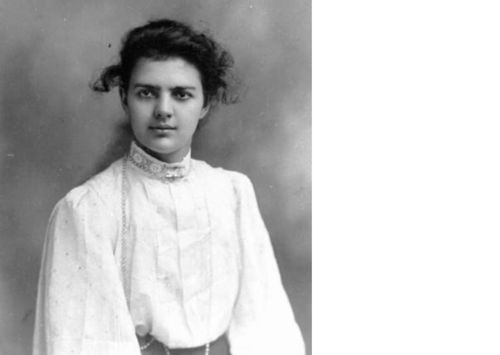
Lydia was the only MLC Old Collegian to have died while in service during the war. She entered MLC in 1894 and was good friends with Principal Rev. Dr William Fitchett’s daughter, Nellie. Lydia left for England in September 1916, having been chosen by the Red Cross to serve with the Volunteer Aid Detachment. While working at a hospital in Manchester, Lydia became seriously ill and died there of septic arthritis caused by measles. As noted in her obituary, few “went forth with a higher sense of duty than she did, and she has given her life for her country, just as much as any soldier has done”.
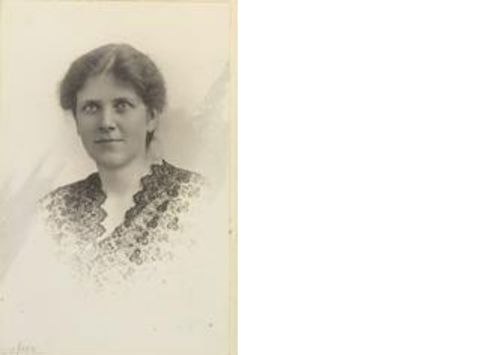
Maud started at MLC in 1897 as a day boarder, and while a student, she was interested in music and won prizes in art. Her family relocated to Launceston in 1909, where she started her nursing training. She enlisted for service in November 1917 and was posted to four different military hospitals in India. For nearly two years, she cared for a variety of patients – British soldiers who had been prisoners of w, Turkish prisoners and British troops. Hundreds of them suffered from heat stroke and malaria. She continued nursing after the war and was active in Melbourne as a volunteer during World War II.
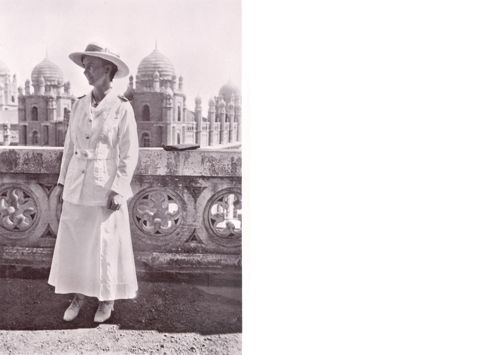
Beryl attended MLC for two years in 1909 and 1910. She enlisted with the Australian Army Nursing Service in May 1917, aged 25. She was posted to Salonika (now Thessalonika), Greece, where tent hospitals had been set up. She remained a military nurse after the war and served in Papua New Guinea and then nursed privately (in people’s homes) while studying physiology and psychology at the University of Melbourne. She became a noted child psychologist and was appointed the first paid probation officer of the Children’s Court in Melbourne.
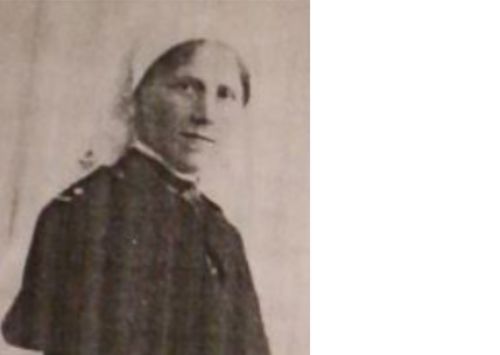
Tessa entered MLC in 1897 as a boarder from Brisbane. In 1914, Tessa, aged 32, enrolled with the Australian Army Nursing Service. She was deployed to England in September 1915 and was then posted to several casualty clearing stations across France. During her service, she was awarded the Royal Red Cross Medal for bravery. She returned to Australia in June 1918 and set up a private hospital in Brisbane with a fellow military nurse, which she ran until her marriage in the 1920s.
